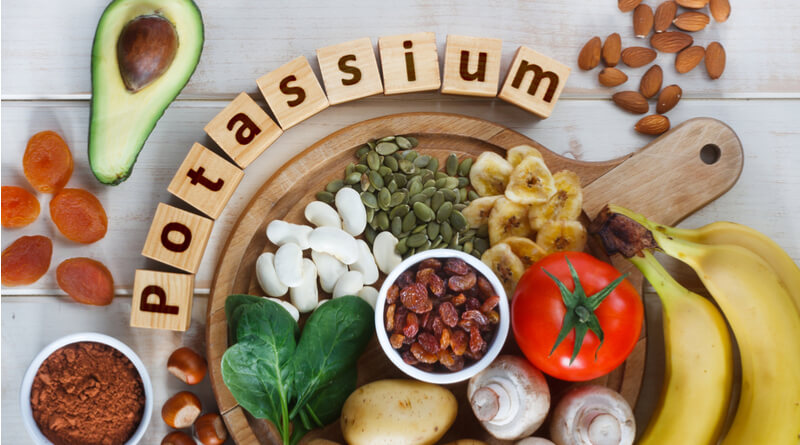During pregnancy, there are hormonal changes in the body which are the cause of numerous diseases and conditions that are commonly experienced when you’re pregnant. To combat this problem, it is essential to consume a diet that has been designed specifically to balance such changes. One nutrient that is very important to keep such problems at bay is potassium.
Potassium is required for the proper functioning of body systems. It helps to maintain the balance of fluids and electrolytes in the body and also sends impulses and signals from the nerves to the muscles to help them contract.
The role of potassium during pregnancy
- When you are pregnant, you will require extra minerals for proper development of baby.
- Fluid retention is the commonest problem during pregnancy. The consumption of potassium will help remove this problem.
- Electrolyte imbalance in the body can weaken the immune system. You need to consume potassium to maintain the correct electrolyte balance.
- Cramps in legs are a cause of mineral imbalance. Calcium, magnesium, and potassium should be consumed to prevent cramps in the legs.
- The amount of potassium that you need to consume during pregnancy should be determined by your doctor as the overdose will be as dangerous as having low potassium levels.
Health risks associated with high potassium levels during pregnancy
- Eating a lot of potassium-rich foods and taking an overdose of potassium supplements can cause dangerously high levels of potassium.
- High potassium levels can cause cardiac arrest and kidney failure.
- During pregnancy, high levels of potassium can cause premature delivery or miscarriage.
- This can cause severe dehydration which can be fatal and aggravate type-1 diabetes.
- There are some symptoms and signs that can allow you to detect high potassium levels: chest pain, irregular heartbeat, numbness, extreme fatigue, and a tingling feeling.








